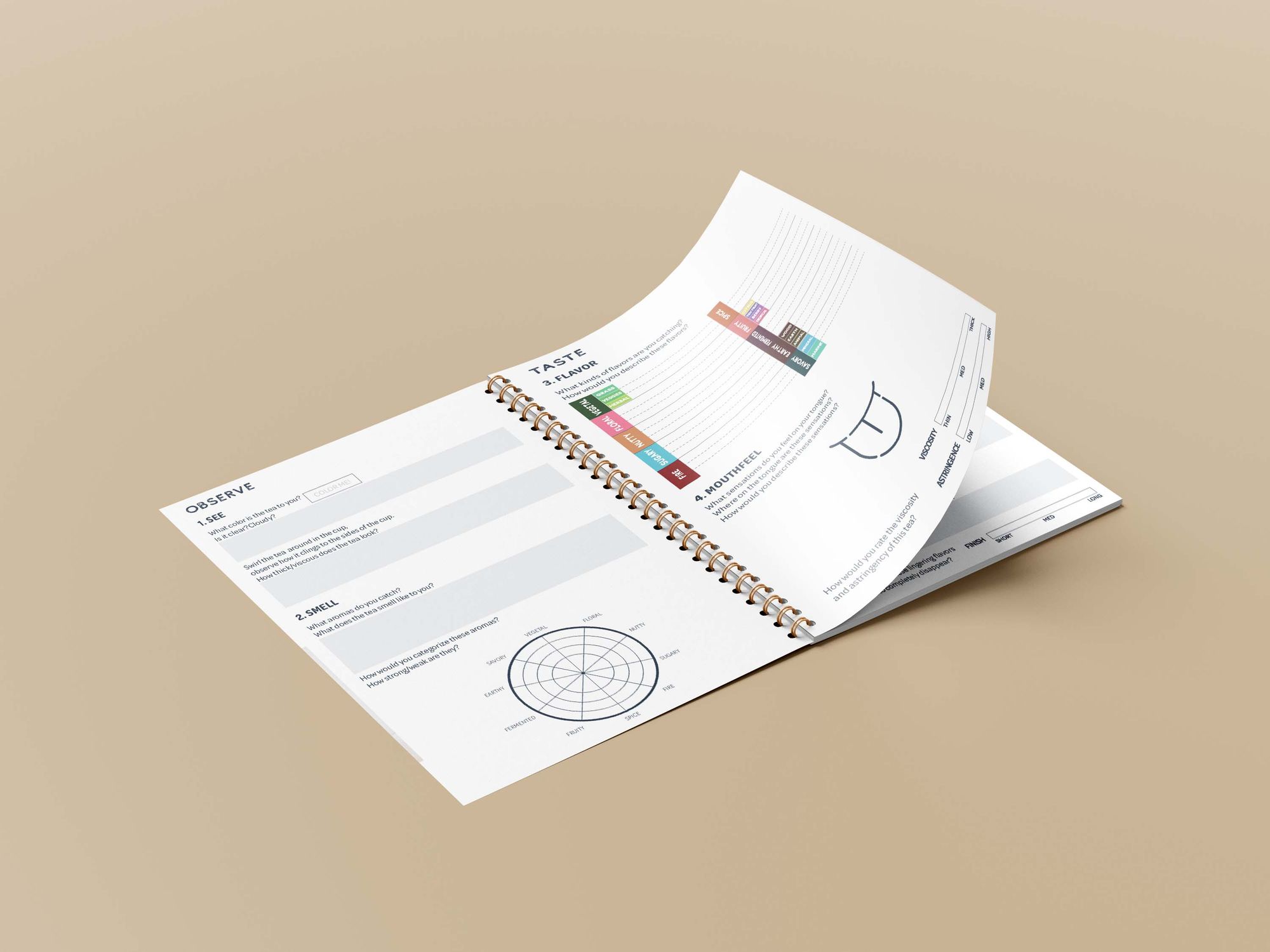What are tasting sheets?

They look fancy don't they? Tasting sheets.
Like a thing you need for a proper tasting.
But do you really need a tasting sheet?
Well, here are some things for you to consider when deciding whether or not you want a tasting sheet for your tasting!
What is a tasting sheet?
A tasting sheet is kind of like a rubric you use for tasting.
It breaks the tasting experience down into specific components, allowing you to zone in on certain aspects of whatever you are tasting, so you can do a more comprehensive and detailed tasting.
The pros and cons of a tasting sheet.
The pros of a tasting sheet is that it gives you structure for tasting something.
But the cons is also that it gives you structure for tasting something.
See, tasting is not unlike appreciating art.
You can either choose to just let the piece of artwork wash over you, or do a technical analysis of the artwork.
Let's use movies as an example.
You can watch Into the Spider-verse and just enjoy it for what it is. Or you can break it down into scene by scene and analyze the color, the camera angles the editing etc.
Both are valid ways to appreciate and enjoy a movie.
Tasting is much the same.
So where does the tasting sheet come in?
Well the taste experience is a complex one. It engages all your senses, not just your sense of taste. So it's easy to be overwhelmed by all the sensations your different senses are picking up.
The tasting sheet gives you structures, tells you which sensations to focus on and what to ignore during a taste experience.
Which is the pros of a tasting sheet but also a con. Because this also means that you'll likely be filtering out certain aspects of the taste experience because it's not included in the structure.
Types of tasting sheets
The words "rubric" and "break down" might give the impression that tasting sheets are only good for doing a technical analysis of a food/drink's flavors.
But that's not entirely true.
While it's true that most of the tasting sheets you find focus on the technical aspects of a taste experience (e.g. what is the color, acidity, tannins etc.), there are no rules stipulating that a tasting sheet can't be structured to help you focus on the more abstract or intuitive aspects of tasting.
For example, a tasting sheet that asks you to rate the whimsical-ness of a wine, or how strong your emotional connection is to a tea is just as valid and proper a tasting sheet as one with boxes asking you to rate the acidity and length of finish.
We're just used to thinking of tasting sheets as these technical rubrics, and that's why when faced with questions that ask us to ponder the more abstract aspects of tasting, we don't perceive it as a "tasting sheet".
So do I need a tasting sheet?
Well that depends, what are you trying to taste for?
If you just want to enjoy a drink, deicide whether or not you like something...
Sure you can print out a tasting sheet that says "do i like this, yes no maybe" (and that's a perfectly valid tasting sheet), but you could have provided that structure for yourself in your head.
We'd say that tasting sheets are more useful for when you want to dive deeper into a taste experience, and explore the complexities of a food/drink.
Once you've decided that such a deep dive is what you want, then it's actually more important to ask, what kind of tasting sheet you need.
Because a tasting sheet provides structure, how the tasting sheet is designed will affect how you approach the taste experiences.
If your goal for a certain taste experience is to figure out the terroir of a tea, a tasting sheet that asks you things like "how nostalgic is this tea" probably wouldn't be very helpful.
So think about what you want out of a taste experience and pick a tasting sheet that helps you achieve that objective accordingly.
Don't be tied down by tasting sheets
Things printed in black and white always feels authoritative. You might even feel like you're not doing a "proper" tasting if you're not using a tasting sheet or journal.
But take a look at videos of sommeliers doing tastings. Many don't have a tasting sheet before them.
Because all a tasting sheet does is provide structure. Once you've become familiar with that structure, you don't need the tasting sheet anymore.
It's also important to note that there is no CORRECT way to taste.
Unless you're a professional, in which case when you're tasting there are KPIs you have to achieve, Tasting experiences are highly personal.
Sometimes following the structure of the same tasting sheet over and over again means losing out on other angles and ways of approaching a taste experience that might unearth curious or fun insights of the food/drink you like.
So instead of treating tasting sheets like the bible or the law, we encourage you to see it as a tool.
Shop around for different tasting sheets, and see how the different approaches and structures they provide give you a different tasting experience.
Shameless Promotion
You likely found this article because you found our tasting sheets on Gumroad and wanted to see if the tasting sheet is for you.
We hope that this little guide is able to help you make a more informed decision on what kind of tasting sheet you want to use to shape your taste experience.
And if you're looking for a more facilitated taste exploration journey, feel free to try out our Identi-tea experience!
Until next time, stay curious!





